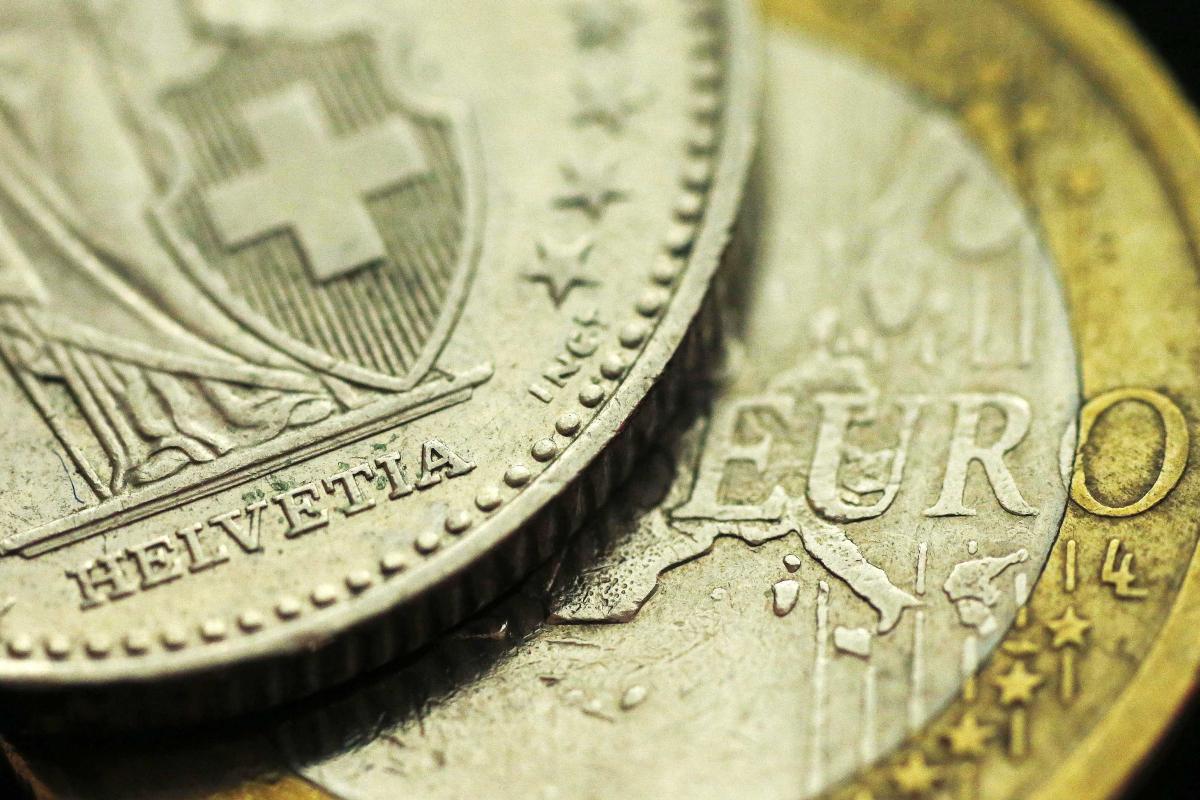
The Swiss Franc surged when the Swiss Central Bank decided to end its cap of 1,20 francs per euro (currently its value is equal to the euro). At the same time around 10 thousand Slovenes with Swiss franc-denominated loans raised their voices. Their monthly installments will now be substantially higher. They feel the banks and state carry part of the blame. They've started organizing themselves on Facebook and expect more favourable loan repayment terms. They're convinced that they have been misled by the banks.
Have the banks been properly warning about the risks?
So, have they? Karel Lipnik, an analyst from the Finance daily: "If we're really honest, the market conditions were different then and nobody really even thought about it. Nobody expected this to happen. It is true that in recent years the banks and Central Bank have been warning about currency risks, but obviously some still decided to go ahead and speculate. Banks of course always allow the conversion of loans. Unfortunately though today some people have even bigger debts than when they took out the loan. That's a problem which needs to be solved. To continue risking with the franc, that's speculating again."
A pessimistic forecast: The franc to rise even higher
What can you do? If the loan is almost repaid in full it's probably best to leave things as they are. However if you’re still looking ahead to many years of paying back the loan it would be sensible to pay your bank a visit and inquire about new installments in euros. Of course, everything will depend on the future fluctuation of the value of the Swiss currency. "Based on current conditions we can expect the further weakening of the euro, with the franc being regarded as the safe haven. The Swiss Central Bank won't be able to depreciate everything and the value of the franc will continue growing. In a year it could rise by a further ten percent," says Lipnik.
Nothing can be done
We asked a well-known expert on the issue, who wished not to be named, to give us his comment. "You can't rely on the help of others, especially not from the state. There is a lot of uproar over the whole situation, and that's normal because politicians want to win over the public, by showing how concerned they are about the average citizen. However it's more or less clear that there's nothing that can be done. It's different in Croatia, where they have their own currency and they have some room to manoeuvre. But even there it's still not sure how they will artificially fix the franc-kuna exchange rate, for nobody wishes to create additional losses."
An optimistic forecast: the weakening of the franc
Our expert has a different forecast than Karel Lipnik, for the further developments surrounding the franc. "Regarding the money market the sensible thing to do know is cash in your profits by converting your francs back to euros, or any other currency. Because of that I think the current 1:1 exchange rate is temporary. On the other hand because of the great demand for francs it would be "silly" for the Swiss Central Bank to be buying at a more expensive price, when it could be buying cheaper. At the moment they can get one euro for only one franc. I don't think they will go any lower than that. The exchange rate will slowly start to rise again, but it will be a long process."

































































